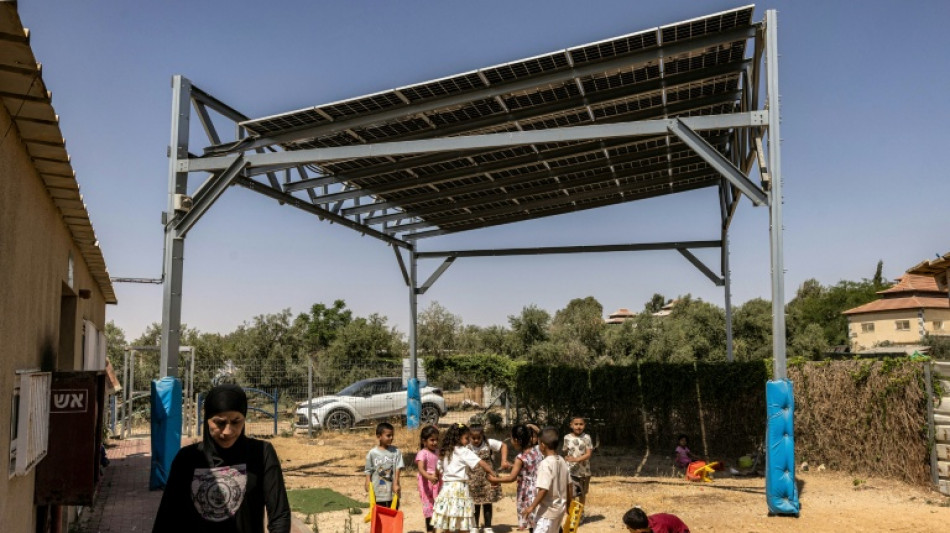
-
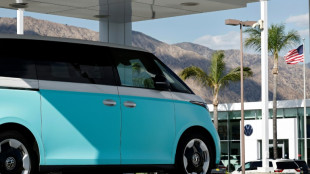 Volkswagen halts electric minivan exports to the United States
Volkswagen halts electric minivan exports to the United States
-
EU chief von der Leyen comfortably survives confidence vote
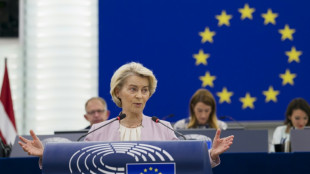
-
 India's Reddy strikes twice to rock England
India's Reddy strikes twice to rock England
-
EU opens new probe into TikTok data transfer to China
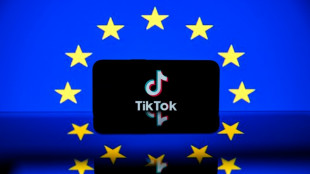
-
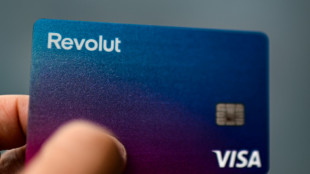 Italy probes UK online bank Revolut for 'misleading' clients
Italy probes UK online bank Revolut for 'misleading' clients
-
Arsenal sign midfielder Norgaard from Brentford

-
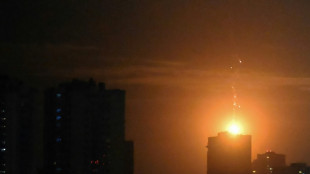 Explosions, fires rock Kyiv in deadly Russian barrage
Explosions, fires rock Kyiv in deadly Russian barrage
-
Fatigued Afghan taxi drivers take novel approach to AC
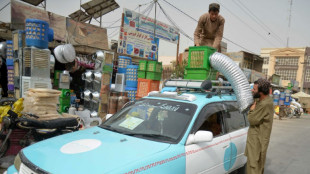
-
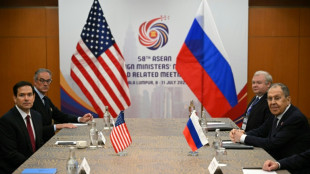 Rubio meets Russia's Lavrov at ASEAN talks
Rubio meets Russia's Lavrov at ASEAN talks
-
Stocks rise on tariff optimism, London hits record high
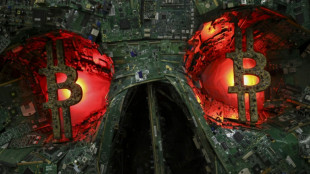
-
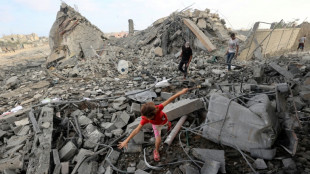 Hamas says Israeli troops sticking point in truce talks as Gaza pounded
Hamas says Israeli troops sticking point in truce talks as Gaza pounded
-
EU chief von der Leyen survives confidence vote by large margin
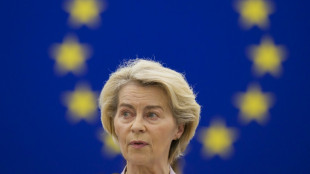
-
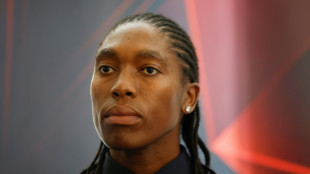 Europe court says S.African athlete's trial wasn't fair in gender testing case
Europe court says S.African athlete's trial wasn't fair in gender testing case
-
Ten rescued, more missing after deadly Huthi ship sinking
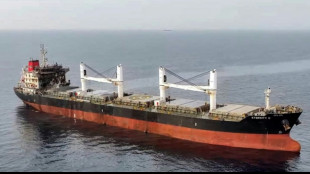
-
 EU unveils recommendations to rein in powerful AI models
EU unveils recommendations to rein in powerful AI models
-
England bat against India in third Test as Bumrah returns

-
 Caster Semenya: A rebel with a cause
Caster Semenya: A rebel with a cause
-
AI-powered tour brings Anne Frank's story to life in Amsterdam
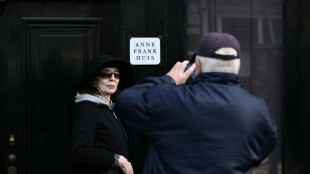
-
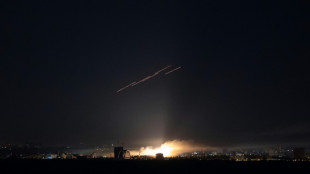 Wave of Russian drones, missiles kills two in Kyiv
Wave of Russian drones, missiles kills two in Kyiv
-
US funding cuts could reverse decades of gains in AIDS fight: UN
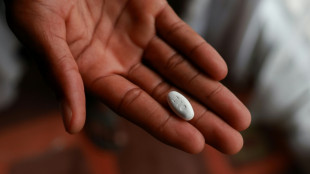
-
 England star Henderson leaves Dutch giants Ajax
England star Henderson leaves Dutch giants Ajax
-
Hippo birthday: Thai internet sensation Moo Deng turns one

-
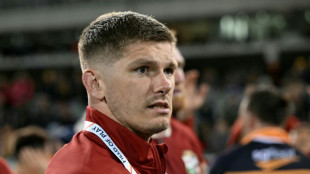 Farrell on the bench for Lions against Australia-New Zealand
Farrell on the bench for Lions against Australia-New Zealand
-
'Bitter end' for Real Madrid magician Modric

-
 Sabalenka targets Wimbledon final as Swiatek showdown looms
Sabalenka targets Wimbledon final as Swiatek showdown looms
-
Hopes for migrant deal as Macron wraps up UK state visit
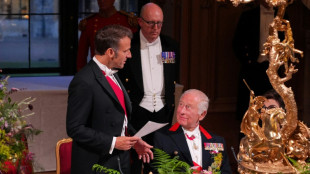
-
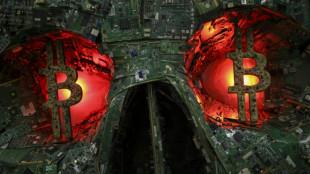 London hits record as trade deal hopes fan rally on markets
London hits record as trade deal hopes fan rally on markets
-
France make 10 changes to starting side for second All Blacks Test
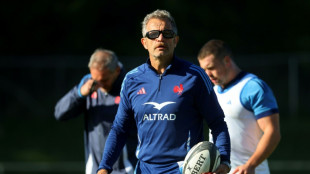
-
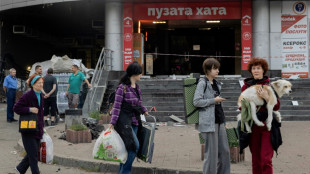 Wave of Russian drones, missiles kill two in Kyiv
Wave of Russian drones, missiles kill two in Kyiv
-
Most stocks rise on trade deal optimism
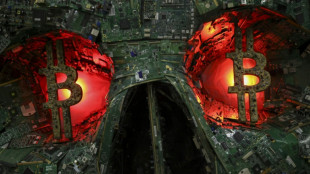
-
 Sherratt says 'grieving' Wales ready to end 18-game losing run
Sherratt says 'grieving' Wales ready to end 18-game losing run
-
'Monster' Inoue to face Akhmadaliev in Japan

-
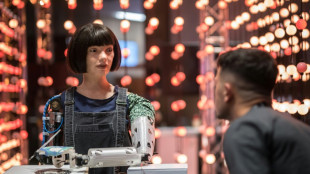 Humanoid robot says not aiming to 'replace human artists'
Humanoid robot says not aiming to 'replace human artists'
-
Hippo birthday: Thai internet sensation Moo Deng is a year old
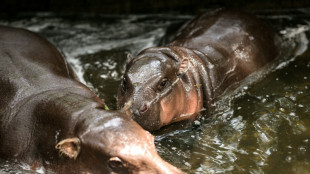
-
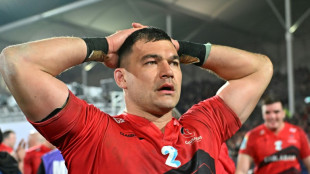 Havili, Salakaia-Loto to lead Australia-New Zealand against Lions
Havili, Salakaia-Loto to lead Australia-New Zealand against Lions
-
Mexico barred from sending cattle to US over flesh-eating pest
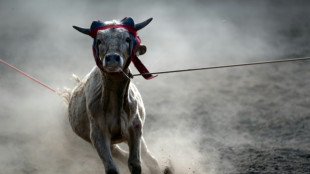
-
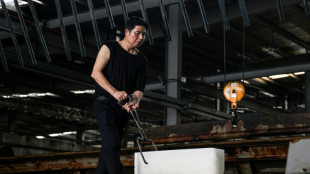 China heatwaves boost ice factory sales
China heatwaves boost ice factory sales
-
Russian strikes on Kyiv kill at least two
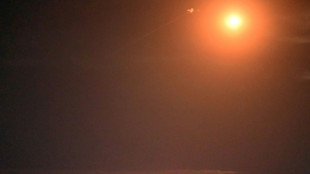
-
 Fly-half Edwards to make first start for Wales against Japan
Fly-half Edwards to make first start for Wales against Japan
-
In Indonesia, a start-up captures coolants to stop global warming
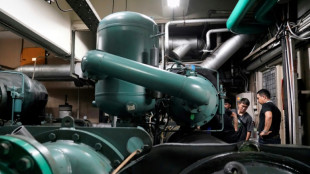
-
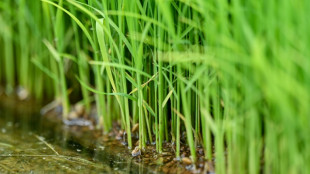 Japan's sticky problem with Trump, tariffs and rice
Japan's sticky problem with Trump, tariffs and rice
-
European court to rule in Semenya sports gender case
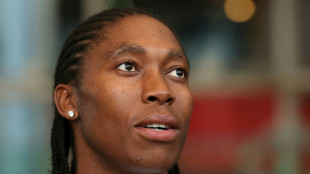
-
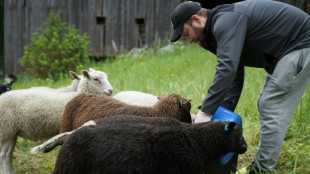 Finns flock to 'shepherd weeks' to disconnect on holiday
Finns flock to 'shepherd weeks' to disconnect on holiday
-
Jones urges Japan to 'create history' against Wales

-
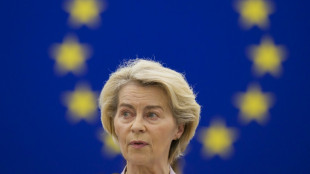 EU chief von der Leyen faces no confidence vote
EU chief von der Leyen faces no confidence vote
-
Stocks mostly rise on trade deal optimism
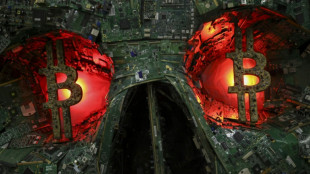
-
 Alonso looks forward to 'starting from scratch' with Real Madrid
Alonso looks forward to 'starting from scratch' with Real Madrid
-
Huawei probe blunder sparks EU parliament rules change
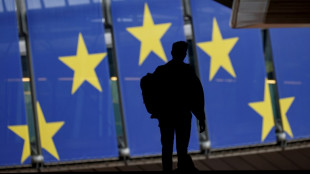
-
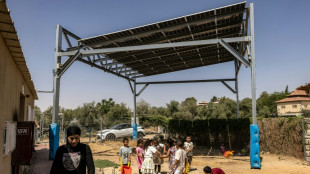 Israel's Bedouin communities use solar energy to stake claim to land
Israel's Bedouin communities use solar energy to stake claim to land
-
Search for missing cockfighters begins at Philippine lake
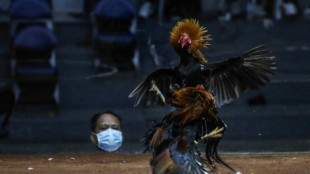

Israel's Bedouin communities use solar energy to stake claim to land
At the end of a dusty road in southern Israel, beyond a Bedouin village of unfinished houses and the shiny dome of a mosque, a field of solar panels gleams in the hot desert sun.
Tirabin al-Sana in Israel's Negev desert is the home of the Tirabin (also spelled Tarabin) Bedouin tribe, who signed a contract with an Israeli solar energy company to build the installation.
The deal has helped provide jobs for the community as well as promote cleaner, cheaper energy for the country, as the power produced is pumped into the national grid.
Earlier this month, the Al-Ghanami family in the town of Abu Krinat a little further south inaugurated a similar field of solar panels.
Bedouin families have for years tried and failed to hold on to their lands, coming up against right-wing groups and hardline government officials.
Demolition orders issued by Israeli authorities plague Bedouin villages, threatening the traditionally semi-nomadic communities with forced eviction.
But Yosef Abramowitz, co-chair of the non-profit organisation Shamsuna, said solar field projects help them to stake a more definitive claim.
"It secures their land rights forever," he told AFP.
"It's the only way to settle the Bedouin land issue and secure 100 percent renewable energy," he added, calling it a "win, win".
For the solar panels to be built, the land must be registered as part of the Bedouin village, strengthening their claim over it.
- Land recognition -
Roughly 300,000 Bedouins live in the Negev desert, half of them in places such as Tirabin al-Sana, including some 110,000 who reside in villages not officially recognised by the government.
Villages that are not formally recognised are fighting the biggest battle to stay on the land.
Far-right groups, some backed by the current government of Prime Minister Benjamin Netanyahu, have stepped up efforts in the past two years to drive these families away.
A sharp increase in home demolitions has left the communities vulnerable and whole families without a roof over their heads.
"Since 2023, more than 8,500 buildings have been demolished in these unrecognised villages," Marwan Abu Frieh, from the legal aid organisation Adalah, told AFP at a recent protest in Beersheva, the largest city in the Negev.
"Within these villages, thousands of families are now living out in the open, an escalation the Negev has not witnessed in perhaps the last two decades."
Tribes just want to "live in peace and dignity", following their distinct customs and traditions, he said.
Gil Yasur, who also works with Shamsuna developing critical infrastructure in Bedouin villages, said land claims issues were common among Bedouins across the Negev.
Families who include a solar project on their land, however, stand a better chance of securing it, he added.
"Then everyone will benefit -- the landowners, the country, the Negev," he said. "This is the best way to move forward to a green economy."
- Positive energy -
In Um Batin, a recognised village, residents are using solar energy in a different way –- to power a local kindergarten all year round.
Until last year, the village relied on power from a diesel generator that polluted the air and the ground where the children played.
Now, a hulking solar panel shields the children from the sun as its surface sucks up the powerful rays, keeping the kindergarten in full working order.
"It was not clean or comfortable here before," said Nama Abu Kaf, who works in the kindergarten.
"Now we have air conditioning and a projector so the children can watch television."
Hani al-Hawashleh, who oversees the project on behalf of Shamsuna, said the solar energy initiative for schools and kindergartens was "very positive".
"Without power you can't use all kinds of equipment such as projectors, lights in the classrooms and, on the other hand, it saves costs and uses clean energy," he said.
The projects are part of a pilot scheme run by Shamsuna.
Asked if there was interest in expanding to other educational institutions that rely on polluting generators, he said there were challenges and bureaucracy but he hoped to see more.
"We need people to collaborate with us to move this forward," he said, adding that he would "love to see a solar energy system in every village".
U.Shaheen--SF-PST
